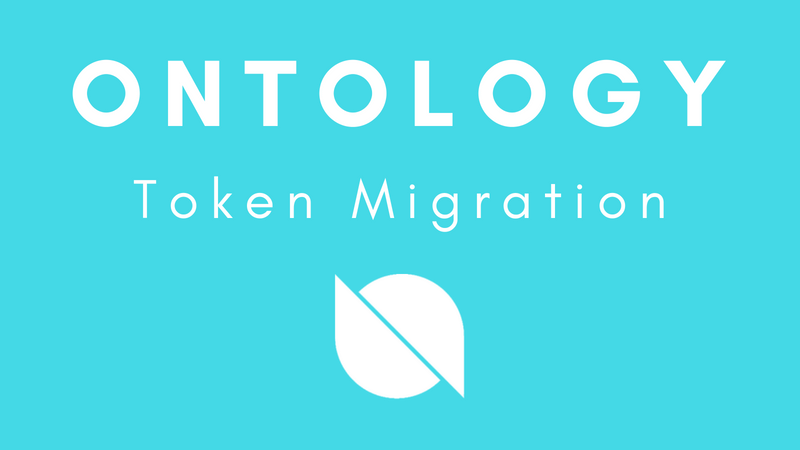
Bridge Protocol has announced the launch of its Minimum Viable Product (MVP) on the NEO TestNet, and has selected strategic partners to assist with implementation and testing. Bridge Protocol aims to create a secure digital identity solution that verifies a user’s ID to a public address without the need to store sensitive information.
Using the Bridge Protocol system will require three broad steps. Firstly, users create a Bridge Passport, which is associated with a public address. Secondly, the user undergoes a KYC verification process, through which they send required documents to a Bridge compliant KYC provider. The provider will complete the KYC process and verify the identity claims to the Bridge Passport, destroying unnecessary information upon completion. Thirdly, when a user wants to use their Bridge Passport, they can send the encrypted passport to a party requesting identity information, which can then be decrypted to enable appropriate authorisations.
A full technical breakdown of the Bridge Protocol MVP can be found at this link.
Onfido
Bridge has partnered with Onfido to “work with the engineering team to bring a seamless identity verification experience.” Onfido are an established verification provider, used by the likes of Uber, Square, Revolut and Zipcar.
In a Medium post, Bridge said, “Onfido will provide the automation systems to make our blockchain even faster and more seamless for the user experience. Their robust SDK and tools for developer will help our chain be integrated faster in even more businesses than we can could have done alone.”
Switcheo
Switcheo Exchange has agreed to partner with Bridge to assist with scale testing of the protocol. Bridge stated that, “Switcheo will provide a basis and platform to begin implementation testing. This is a critical step to assure that the system being built will be stable, easy-to-use and easily integrated into a wide variety of applications.”
In addition to bringing the Bridge ID solution to the NEO community, Bridge are also talking to Ethereum projects to plan “interoperability of digital IDs on multiple platforms.”
More information on Bridge Protocol can be found at the links below.







About The Author: Dean Jeffs
Dean is a digital project manager who has worked extensively with start ups and agencies in the marketing space. Fascinated by the potential applications of blockchain technology, Dean has a passion for realising the new smart economy.
More posts by Dean Jeffs